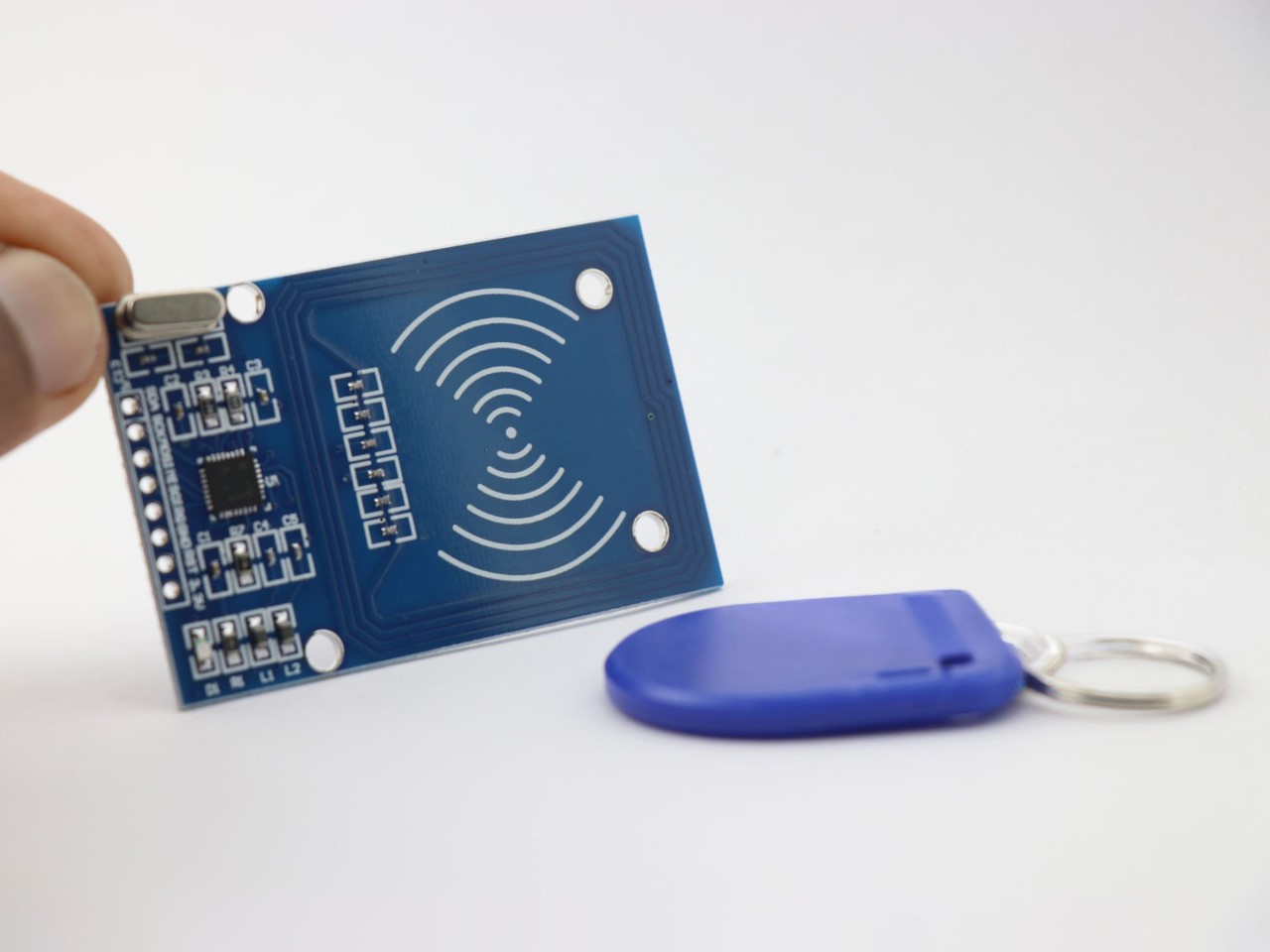
"RFID stands for Radio Frequency Identification, and it's everywhere. Your credit cards, ID badges, keycards, even some driver's licenses and passports. It works by embedding a tiny chip that communicates via electromagnetic waves."
"Tap your card on the wrong terminal and it can take your cash or worse, your card's information. The scariest part is that someone can tap your card even when it's securely in your wallet."
"While the risk of RFID skimming isn't call-your-senator-panic-worthy, it is real, and becoming increasingly cheap and easy for bad actors to exploit."
"Modern wallets are evolving to keep up, but most still lag behind. That luxurious leather bifold you've had for years? Probably as permeable to radio frequencies as a wet paper towel."
RFID, or Radio Frequency Identification, has infiltrated numerous everyday products, from credit cards to keycards, enabling convenient tap-to-pay transactions. However, this convenience comes at a cost, as RFID cards can be vulnerable to skimming attacks, where bad actors exploit electromagnetic signals with inexpensive readers. The risk is not negligible, leading consumers to ponder the security of traditional wallets, often ineffective against such technology. While modern wallets are improving, many still fail at providing adequate protection against unauthorized RFID access, highlighting the need for smarter solutions.
Read at Yanko Design - Modern Industrial Design News
Unable to calculate read time
Collection
[
|
...
]